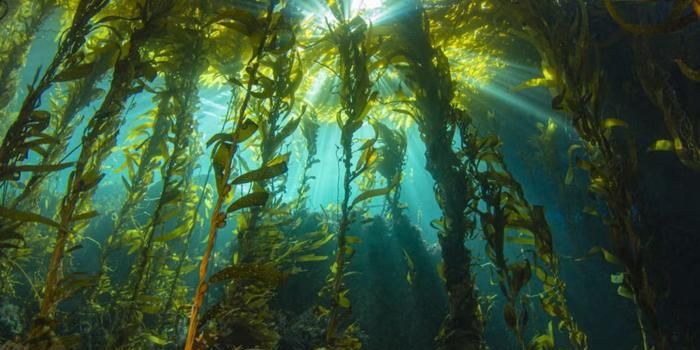Cephalopods Observed At Record-Shattering Oceanic Depths
The ocean plays host to a plethora of diverse marine animal species, but the vast majority of those generally reside at the lesser depths where the surrounding pressure is substantially more tolerable. Venturing into the deepest depths of the ocean, you’d be hard-pressed to find much aquatic life – just the small handful critters that have adapted to survive in a pitch-black environment with scanty food requirements.
Given the aforementioned circumstances, it’s particularly thought-provoking to learn that scientists recently captured novel footage of two cephalopods residing at oceanic depths of 5,760 meters and 6,597 meters respectively while participating in the Five Deeps Expedition, a mission to venture into the deepest point of the world’s five major oceans in the name of science.
Image Credit: Marine Biology/Alan Jamieson, Michael Vecchione
The team utilized an ocean lander equipped with deep-sea HD cameras that could withstand the crushing pressures at these insane oceanic depths, and after discovering what they did, they published their findings in the journal Marine Biology.
Related: Octopuses change color when they feel aggressive
The cephalopods in question appeared to be a pair of Dumbo octopuses, which are aptly named because of their bodily fins which resemble the ears on Disney’s famous animated character Dumbo the Elephant. Octopuses hanging out in the ocean’s depths would be nothing new to anyone familiar with the animals’ behavioral patterns, but the newfangled depths set a record, as the previous ‘deepest’ cephalopod footage was recorded at just 5145 meters below the ocean’s surface.
From what we can gather, the record-shattering footage was captured in the Java Trench in the depths of the Indian Ocean. In addition to becoming the deepest known camera observation of a cephalopod in our oceans, it’s also the first time that any octopuses have been filmed in the ocean’s hadal zone – a region exceeding 6,000 meters below the surface that typically only exists in sub-oceanic trenches.
It’s a particularly interesting finding as scientists have long believed that cephalopods could survive on approximately 99% of the global ocean’s seafloor. Octopuses in particular have incredibly durable and versatile bodies that can resist the oceanic pressures, and they eat almost anything they can get their tentacles on. While this is certainly far from a confirmed fact, the latest depth findings seem to add more credibility to the idea.
Another interesting thought is the idea that the Dumbo octopuses observed may have been an entirely new species. The researchers note that while they certainly looked like Dumbo octopuses, they felt a strong suspicion that they were actually something else not yet known to science. Unfortunately, the limitations of deep-sea observations prevented them from acquiring specimens to validate this idea.
Related: Eagle and octopus face off in battle to show dominance
While it’s indeed fascinating to witness record-breaking discoveries like this one, it’s worth noting that records are broken almost every day. With that in mind, we simply can’t wait to see what scientists discover the next time they explore the deepest parts of the ocean. Only time will tell, however…
Source: Phys.org, Marine Biology









